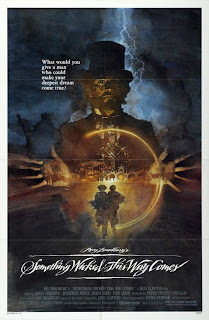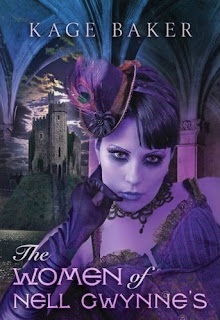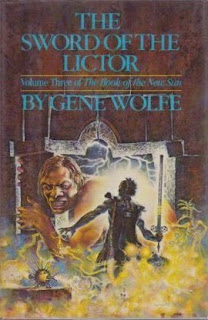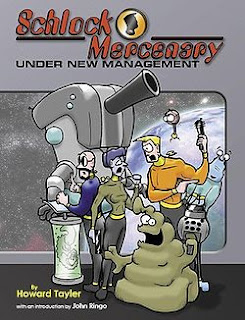This was a very strong category with some excellent entries. The only novella that I’d throw out of contention was Stross’s "Palimpsest," which does a great job of using time travel to push the boundaries of reality, but does so at the expense of character and narrative. I didn’t love it, but it’s still an interesting experiment. The other 5 novellas break down nicely into two camps for me – Kress and Morrow use sf set-ups to explore a few select characters in depth. McDonald does the same, but he also has the advantage of using a world that he’s already established in a longer novel. Baker and Scalzi both establish fascinating worlds, but these works feel mostly like set-up, and they sacrifice character to concept to some extent. Of all of these, the work that came closest to giving me the well-rounded exploration of character and story that I was looking for was Morrow’s. It’s probably not a coincidence that Shambling was also the closest to novel length.
The trend in other awards seems to be towards Nell Gwynne’s (it’s already got a Nebula and a Locus). To some extent, this might be a tribute to Kage Baker, but it’s also a strong enough work that I can’t complain. If it had pushed its concept just a little further in that second half, it could have been something really special, and I have no doubt that Baker is deserving some recognition for a great career (and life) that ended far too early.
My vote did go to Morrow though. He really established the atmosphere of Hollywood’s golden age B-movies while also taking on the big issue of the American use of weapons of mass destruction. The novella was humorous, dark, and moving, and Syms Thorley was a very rich character. It affected me as much as anything I read for these awards, so I had to give it the nod.

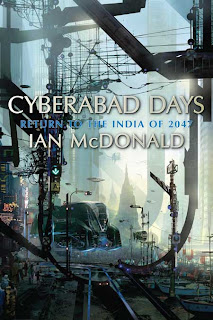
.jpg)

